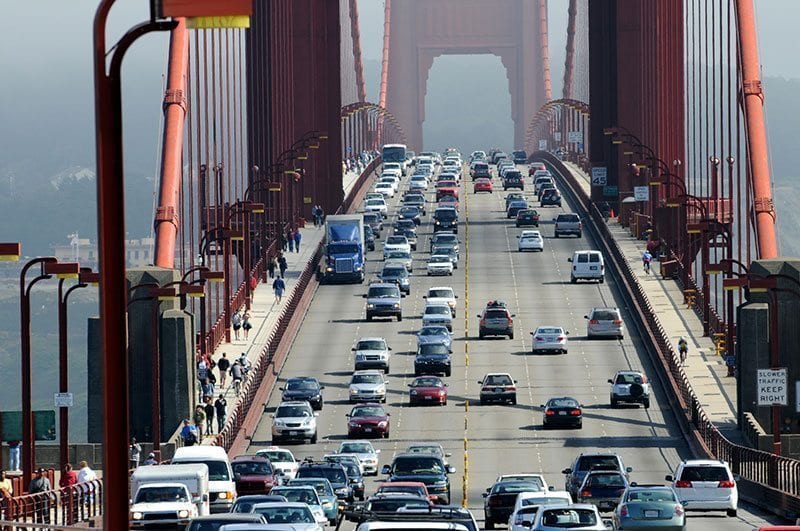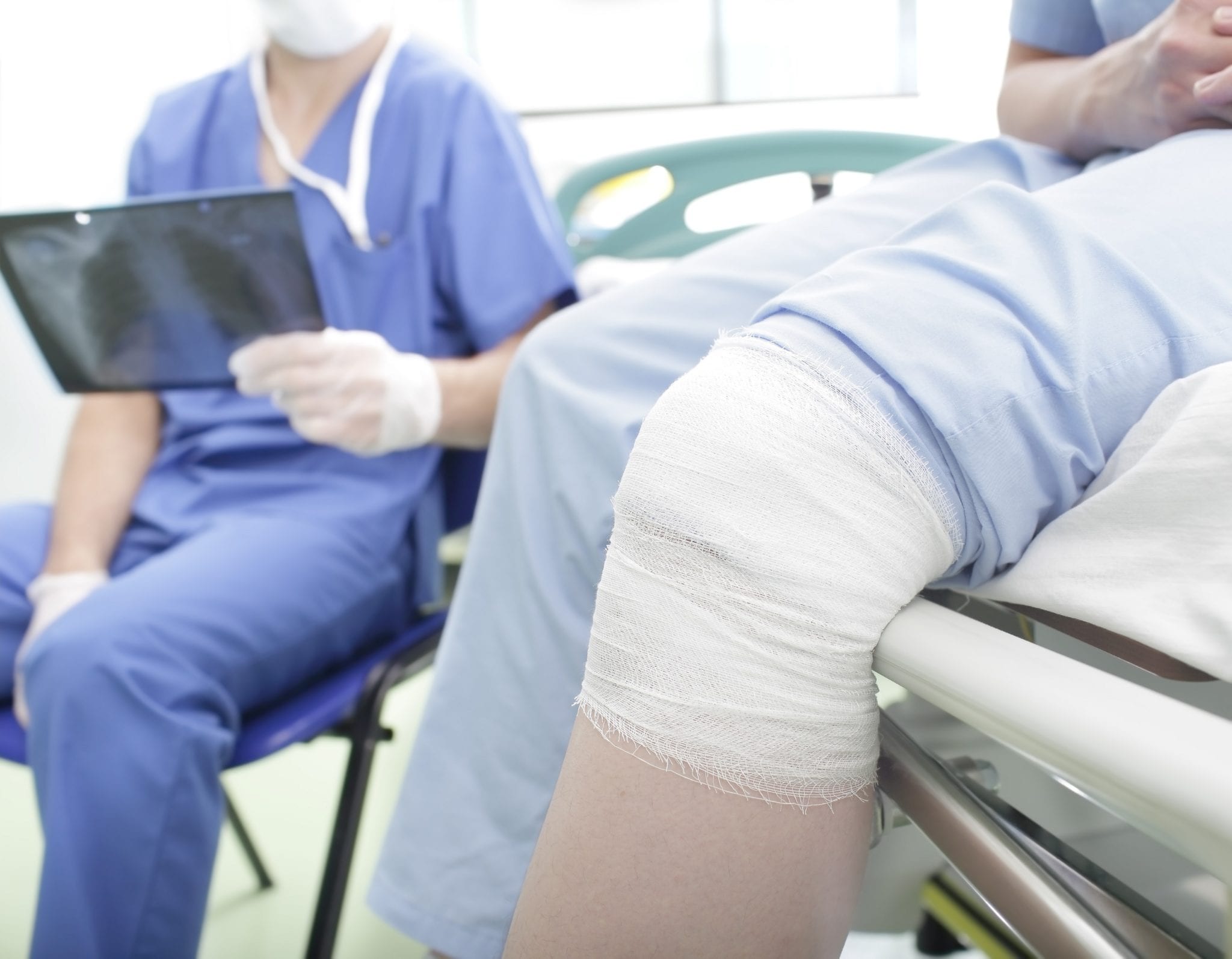Defective Road Design/Construction
On March 30th, 2017, a bridge on Interstate 85 collapsed in Atlanta. The bridge was weakened by a massive fire that was started in the underpass by a group of homeless people. The highway has just recently reopened. The arsonists were arrested. Although this event has been blamed on the fire, the collapse also raises questions about the quality of the bridge itself. And in fact, a subsequent investigation found that hundreds of Georgia bridges are “structurally deficient.”
Although Georgia actually ranks quite well in road quality—according to U.S. News and World Report Georgia ranks 9th in road quality among all U.S. states—there are still numerous problems with road design and construction in the state. When auto accidents occur as a result of deficient design or construction, victims may be entitled to compensation from the construction company or the government.
Common Road Design/Construction Problems
Common problems with road design and construction in Georgia include:
- Damaged, confusing, or missing signs;
- Missing lane markers;
- Lack of proper maintenance;
- Trees or bushes that obstruct visibility;
- Unsafe curves;
- Poorly constructed guardrails, or absence of guardrails where some are needed;
- Defective bridge design;
- Road or bridge deterioration due to poor materials used;
- Unfixed cracks or pot holes;
- Sloped driving surface; and
- Debris or trash left over after construction is complete.
Bringing a Personal Injury Case in Georgia
Defective road design or construction claims are tort claims in which the plaintiff must prove that the construction company or government body owed them a duty, negligently breached that duty, and that the harm was caused because of that negligence. Governments have a duty to keep roadways safe, and construction companies have a duty to build safe roads. When either negligently fails to fulfill their respective duties, and accidents occur as a result, victims have a right to sue.
To bring a claim against state or local governments, sovereign immunity must be overcome. Simply put, the doctrine of sovereign immunity holds that governments are immune from lawsuits. However, under the Georgia Tort Claims Act, the state of Georgia waived this immunity for personal injury lawsuits. Municipalities in Georgia have also waived this immunity. Counties, however, have generally not waived sovereign immunity. Therefore, if you get in an accident on a country road, you most likely will not be able to sue.
If you are planning to sue the government for defective road design or construction, it is imperative to have a qualified attorney fighting for you because there are all sorts of special procedural rules that have to be followed. Proving your case will also require extensive and well-documented evidence. The attorneys at Williams Elleby Howard & Easter, have experience handling these types of cases and are here to help.
Contact Williams Elleby Howard & Easter, to Discuss Your Case
If you would like more information about this issue or if you have been injured due to poor road design or construction, contact Williams Elleby Howard & Easter at 833-LEGALGA today to schedule a free consultation.


